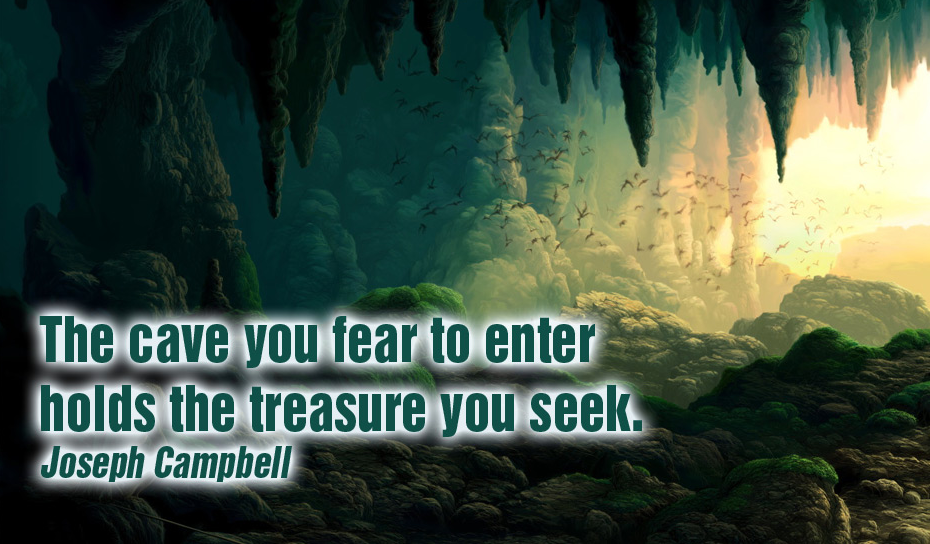We live our lives of human passions,
cruelties, dreams, concepts,
crimes and the exercise of virtue
in and beside a world devoid
of our preoccupations, free
from apprehension--though affected,
certainly, by our actions. A world
parallel to our own though overlapping.
We call it "Nature"; only reluctantly
admitting ourselves to be "Nature" too.
Whenever we lose track of our own obsessions,
our self-concerns, because we drift for a minute,
an hour even, of pure (almost pure)
response to that insouciant life:
cloud, bird, fox, the flow of light, the dancing
pilgrimage of water, vast stillness
of spellbound ephemerae on a lit windowpane,
animal voices, mineral hum, wind
conversing with rain, ocean with rock, stuttering
of fire to coal--then something tethered
in us, hobbled like a donkey on its patch
of gnawed grass and thistles, breaks free.
No one discovers
just where we've been, when we're caught up again
into our own sphere (where we must
return, indeed, to evolve our destinies)
–but we have changed, a little.
(Taken from Sands of the Well)
OneLove
:::MME:::











